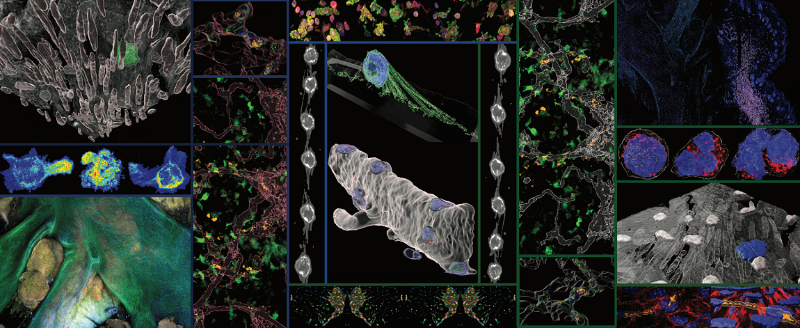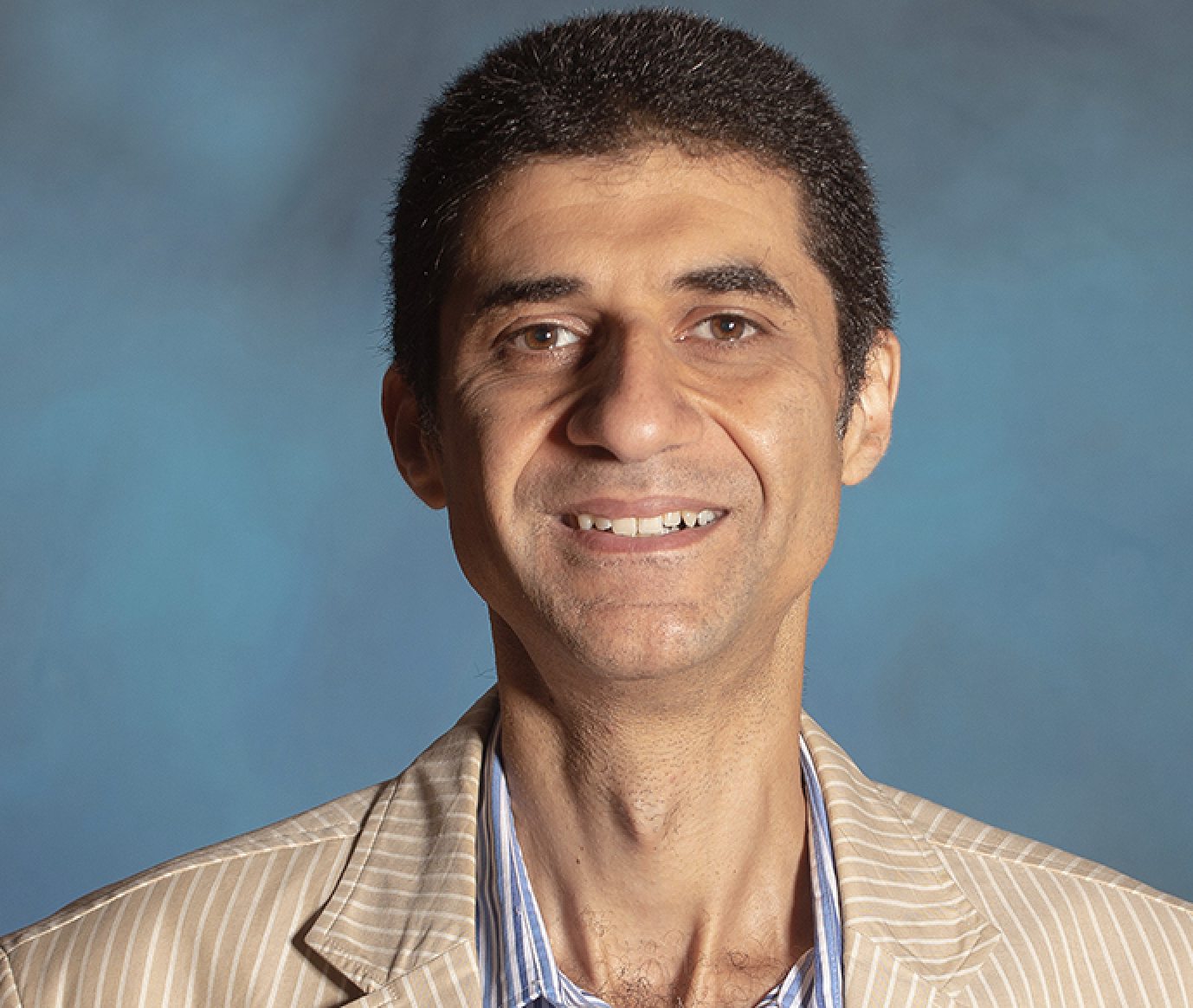
Hossam Abdelsamed, PhD

Assistant Professor
Dr. Abdelsamed plans to expand his research program to gain a deeper understanding of T cell cross-talk and its relevance in disease settings, particularly autoimmune diseases.
Dr. Abdelsamed is an assistant professor affiliated with MCG’s Department of Physiology.
He earned his PhD in Immunology and Microbiology from the University of Tennessee Health Sciences Center in Memphis. During his graduate training with Dr. Elizabeth Fitzpatrick, he characterized a novel type of T cell response associated with Hypersensitivity Pneumonitis (HP) and elucidating the underlying molecular mechanisms. Utilizing preclinical experimental mouse models, he uncovered a predominant T helper 17 (Th17) response linked to lung granuloma formation. Additionally, he made significant contributions to our understanding of the crucial role of innate receptors in the onset of the disease.
Dr. Abdelsamed embarked on a postdoctoral fellowship at St. Jude Children’s Research Hospital in Dr. Benjamin A. Youngblood's lab. During that time, he discovered his passion for human T cell biology. In his lab, he explored the role of epigenetic modifications, specifically DNA methylation, in acquiring and maintaining transcriptional regulatory programs during memory CD8 T cell differentiation in healthy human adults. Furthermore, he established an epigenetic atlas covering various stages of human CD8 T cell differentiation, contributing to investigations into Type I diabetes-specific CD8 T cells. His efforts with Dr. Youngblood culminated in numerous high-impact publications in prestigious journals, including NEJM, Cell, Nature, Nature Immunology, JEM, and Cell Reports.
Dr. Abdelsamed later was named research assistant professor at the University of Pittsburgh School of Medicine. In his laboratory, his focus shifted to understanding immune tolerance and the immune system's ability to distinguish between self and non-self, so-called "immune consciousness." He initiated research on immune cell cross-talk and its potential role in disease development. Notably, he wrote his first senior author paper, demonstrating that activated memory T cells can influence and alter the phenotype and transcriptome of autologous naïve T cells (Nature-Comms Bio).
His future plans include expanding his research program to gain a deeper understanding of T cell cross-talk and its relevance in disease settings, particularly autoimmune diseases. To decipher these complex mechanisms, he intends to employ both in vivo and in vitro approaches, combining cutting-edge imaging technology, organoids, flow cytometry, fluorescence-activated cell sorting (FACS), congenic preclinical disease models, transcriptomics, and CRISPR/Cas9 technologies.